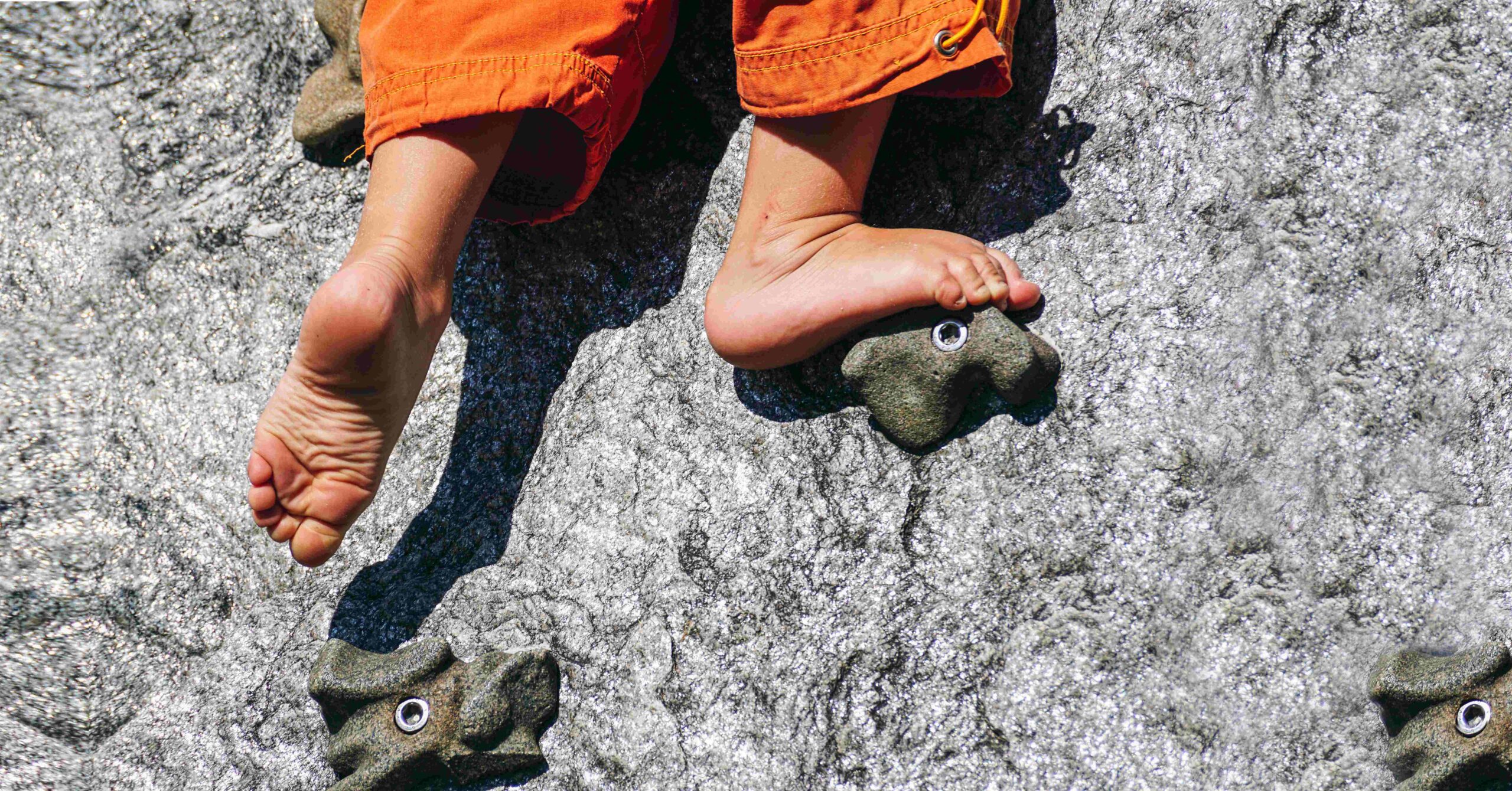“How would you feel if your partner took it upon himself to ‘protect’ you from something you do not want to be protected from, or he rode roughshod over your wishes with respect to the protection he was offering? It is dishonest to call something ‘protection’ when it is against the will of the person being protected. It is a parent’s responsibility to protect children from harm as perceived by the child.”
– Sarah Fitz-Claridge
From the archives: First published in Taking Children Seriously 25, 1998
How would you feel if your partner took it upon himself to ‘protect’ you from something you do not want to be protected from, or he rode roughshod over your wishes with respect to the protection he was offering? It is dishonest to call something ‘protection’ when it is against the will of the person being protected. It is a parent’s responsibility to protect children from harm as perceived by the child.
‘Protecting’ someone from something that they like is tantamount to inflicting on them, against their will, something they do not want. A bank manager has a duty to protect the customer’s investment. But if the customer, having been offered a particular pattern of investment and informed of its merits, declines it, then if the bank manager goes ahead and spends the money on what s/he thinks is good for the customer, s/he will go to jail.
Likewise, the duty to protect one’s children never justifies overriding their own wishes in regard to what should happen to them, or what is done for them.
Protection may take many forms (advice, physical protection, etc.) but always requires the same consent-based problem-solving process as any other problem. This may or may not involve an explicit discussion, but if, for example, a young child is starting to climb up an ornate wall over a concrete pavement, typical Taking Children Seriously style of protection would be for the parents to present their very best theories about the situation to the child in the course of a two-way discussion. Everyone concerned takes it for granted that the child has the final say about whether, and what, protection is going to be provided.
Where a child declines protection that is offered, the parents do not typically walk away; nor do they ever say “don’t come crying to me if you fall off.” Instead they try to think of other ways of decreasing the danger which the child will not object to; for instance, staying in close physical proximity (assuming the child is in agreement), putting a mattress or trampoline on the ground under the climbing child, etc.
Children want to be safe even when, on occasions, they need to take risks.
See also:
- There is no authoritative Taking Children Seriously doctrine or dogma
- Genuinely protecting children versus coercing them
- Surely it is not coercive to have a rule that whenever our child goes out, he must first tell us where he is going and for how long? What about being a responsible parent?!
Sarah Fitz-Claridge, 1998, ‘“Protection” against a child’s will is coercion not protection’, Taking Children Seriously 25, ISSN 1351-5381, p. 5, https://www.takingchildrenseriously.com/protection-against-a-childs-will-is-coercion-not-protection

